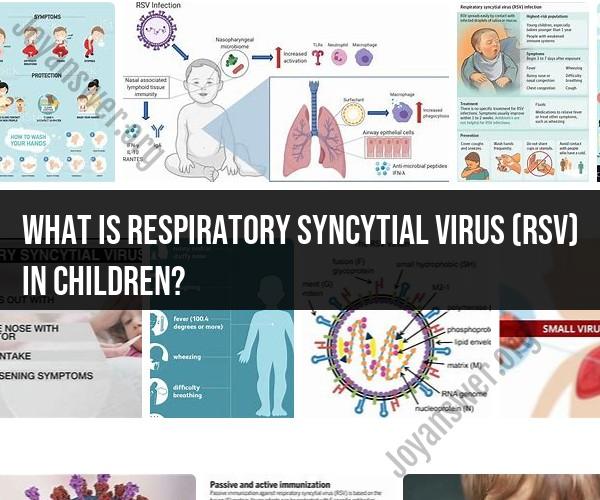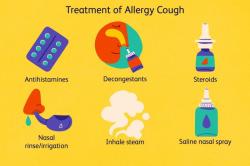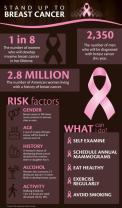What is respiratory syncytial virus (RSV) in children?
Respiratory syncytial virus (RSV) is a common respiratory virus that can cause mild to severe illness in infants and young children. It is the most common cause of bronchiolitis and pneumonia in children younger than 1 year of age. RSV can also cause respiratory illness in older children, adults, and people with weakened immune systems.
RSV is spread through respiratory droplets produced when an infected person coughs or sneezes. The virus can also be spread by touching a surface or object that has the virus on it and then touching your own mouth, nose, or eyes.
Symptoms of RSV infection in children can include:
- Runny nose
- Cough
- Wheezing
- Difficulty breathing
- Fever
- Irritability
- Decreased activity
In most cases, RSV infection is mild and goes away on its own within a week or two. However, RSV can be serious in infants and young children, especially those who are premature or have underlying health conditions. RSV can also lead to hospitalization and, in rare cases, death.
There is no cure for RSV, but there are treatments that can help relieve symptoms and prevent complications. These treatments include:
- Over-the-counter medications, such as fever reducers and pain relievers
- Humidifiers or saline nasal sprays
- Chest physiotherapy
- Hospitalization, if necessary
There is a vaccine available for RSV that can protect infants and young children from severe illness. However, the vaccine is not 100% effective and is not recommended for all children.
Here are some ways to help prevent the spread of RSV:
- Wash your hands often with soap and water.
- Avoid close contact with people who are sick.
- Cover your mouth and nose when you cough or sneeze.
- Clean and disinfect surfaces and objects that may be contaminated with the virus.
If your child is sick with RSV, keep them home from daycare or school until they are feeling better. Also, avoid taking your child to crowded places, such as malls or movie theaters.
If you have any concerns about RSV, talk to your doctor.












